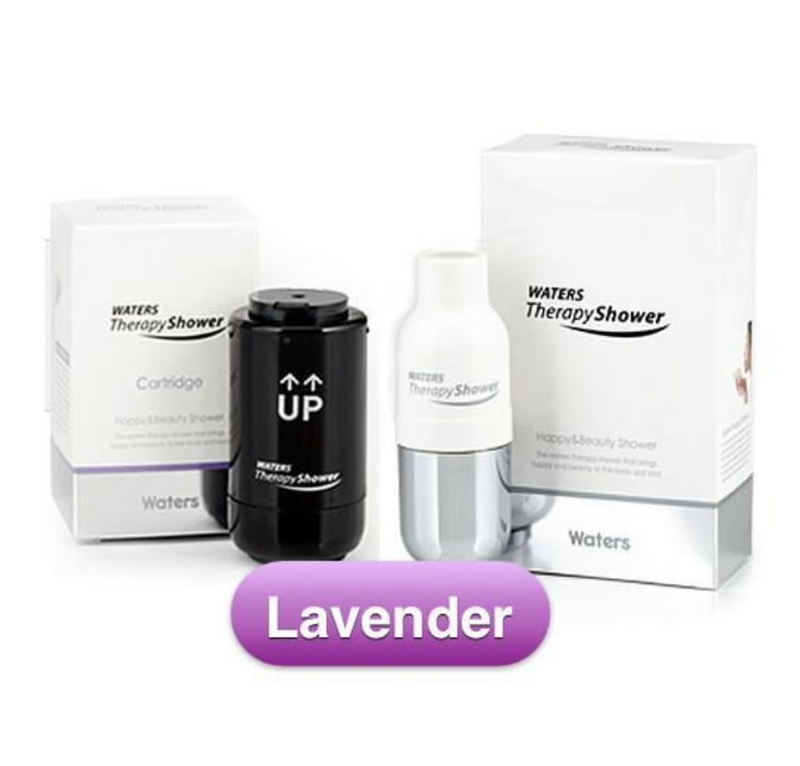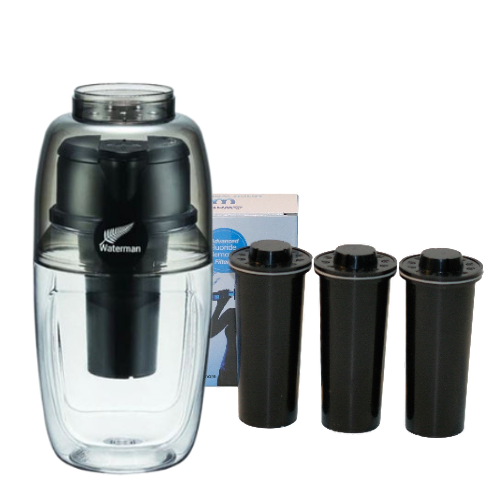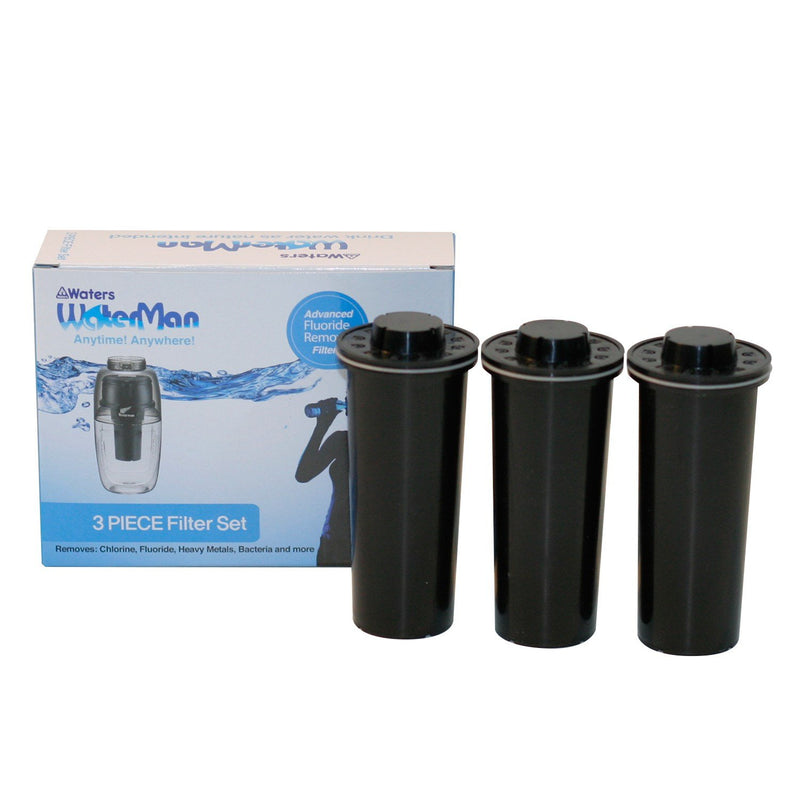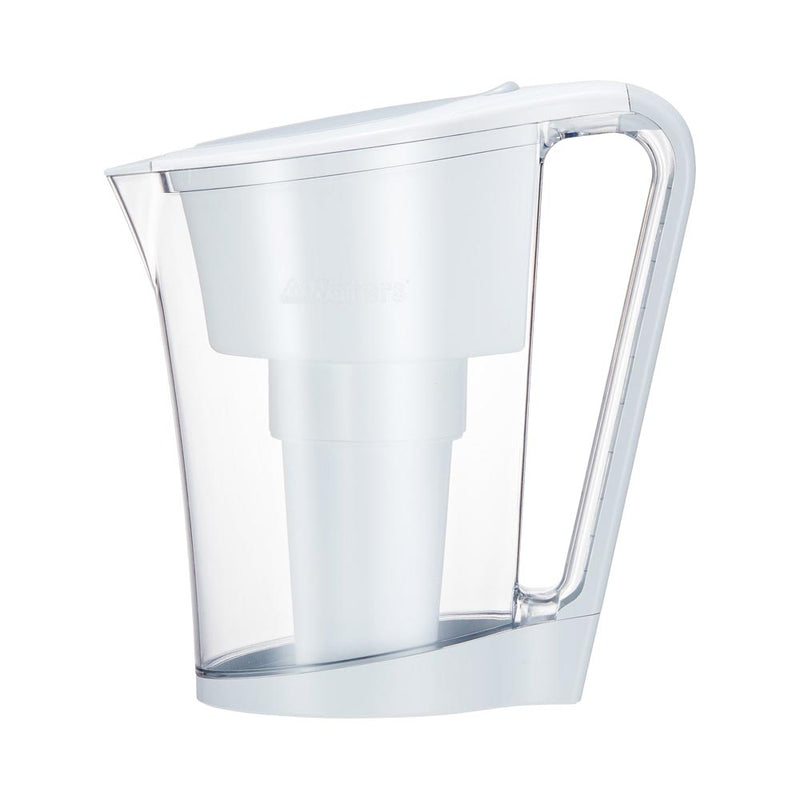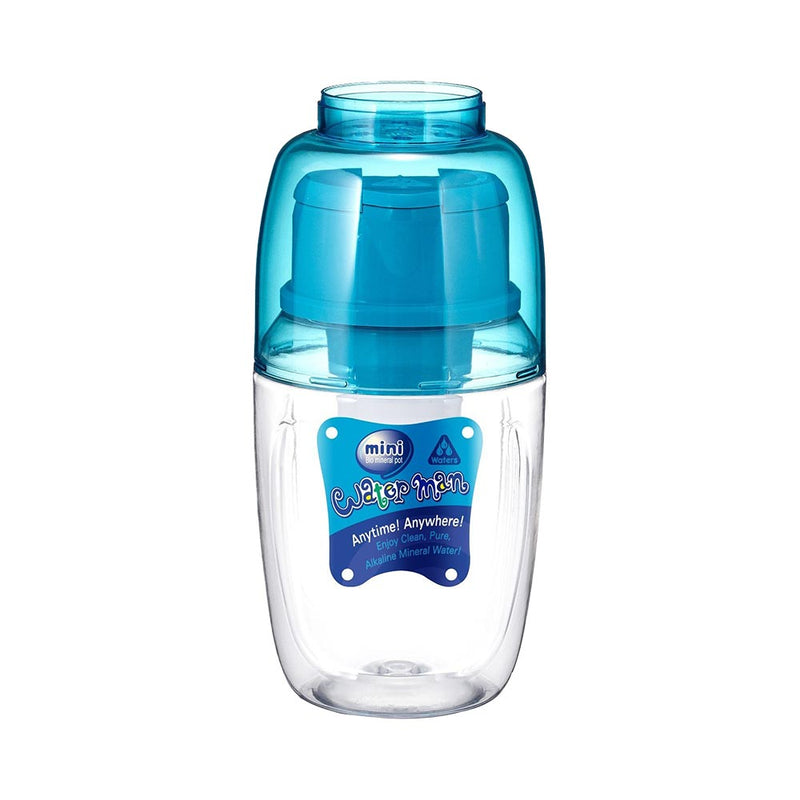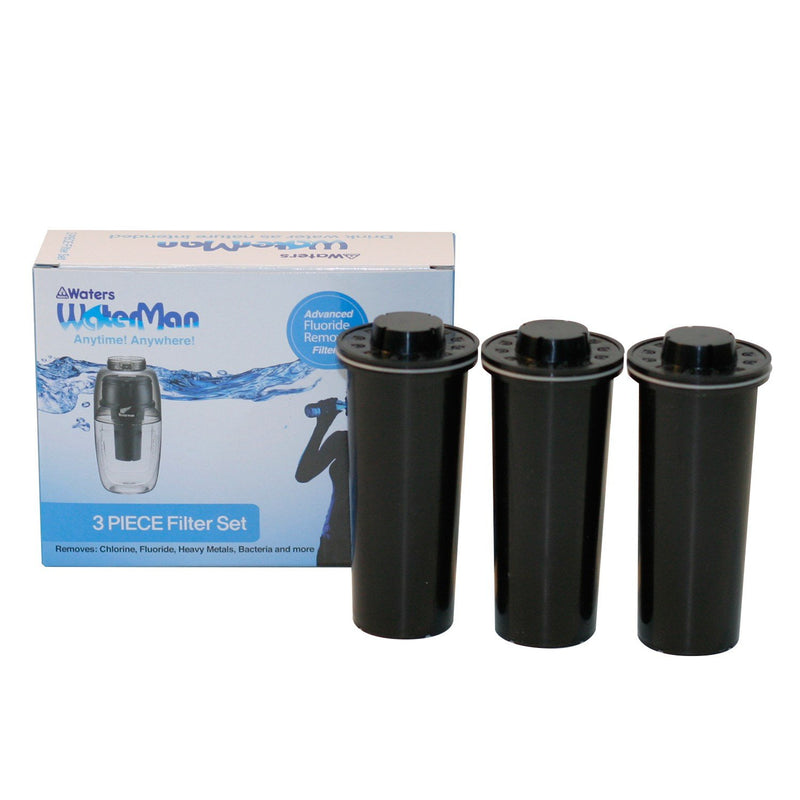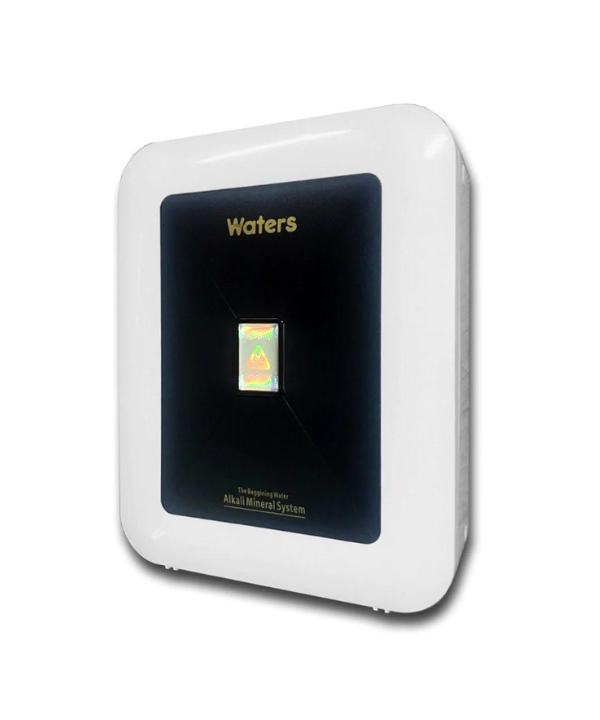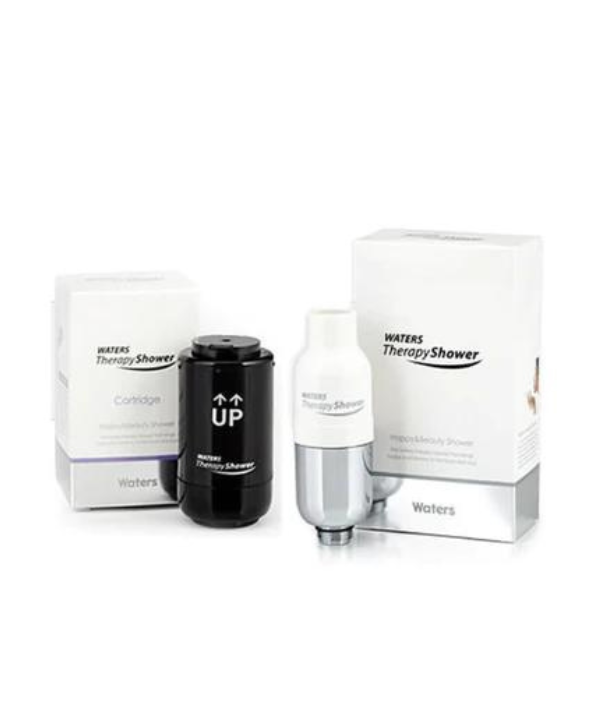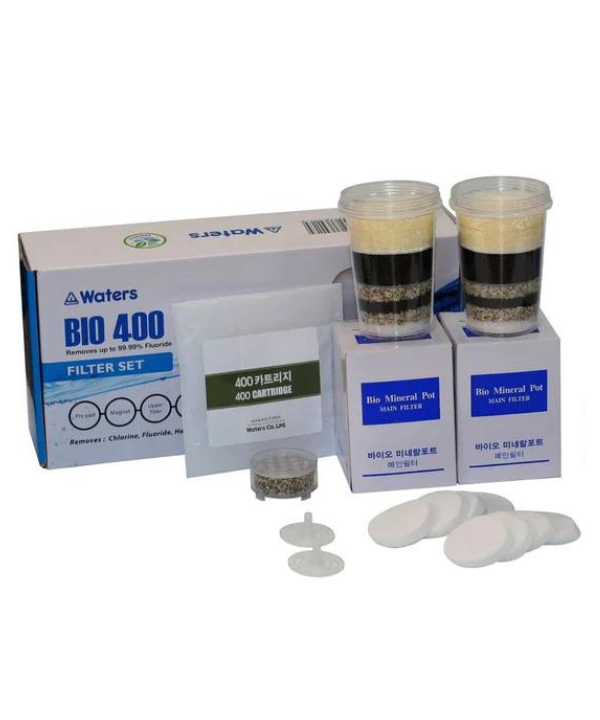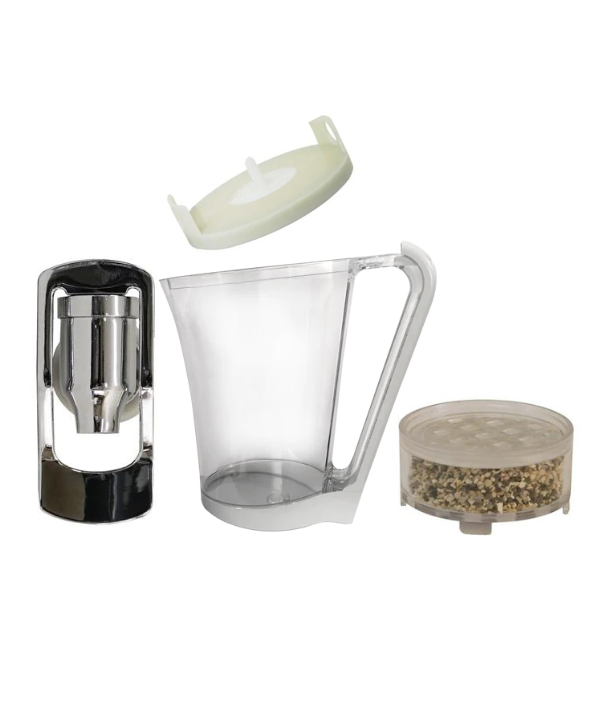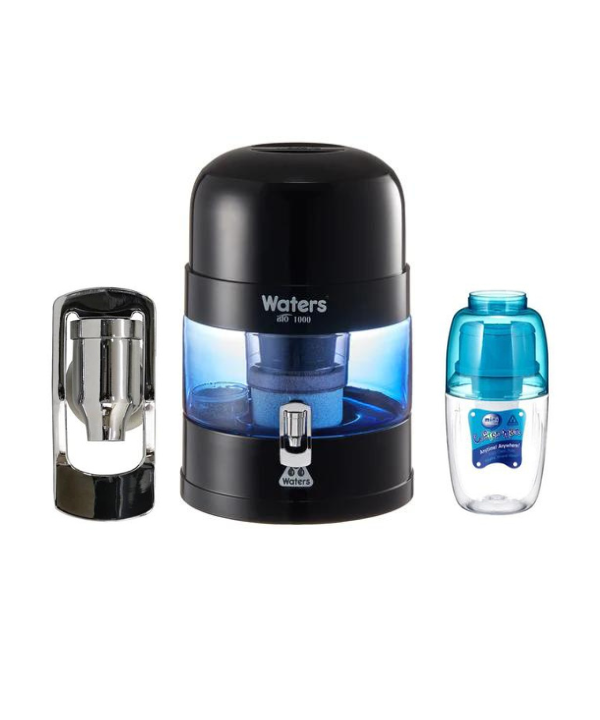The Hidden Dangers of Lead in Your Tap Water
Water is essential for human survival. It keeps you hydrated to maintain overall vitality, with many health concerns related to poor water intake, let alone contaminated water. Sadly, ongoing studies in many parts of Australia show that tap water contains heavy metals, including lead, which can severely impact health, attacking the brain and nervous system and causing disease, morbidity and potentially death. The issue is particularly concerning for children, pregnant women, and the elderly.
Let’s learn about the dangers of lead in tap water, how it gets into the water, its effect on your health, and most importantly, how Waters Co Australia can reduce lead in tap water.
Is Lead in Drinking Water in Australia?
Lead is a naturally occurring, toxic metal. In 2016, a New South Wales study found that domestic taps throughout the state had high lead levels in the water. There are multiple instances where Australian tap water has failed to meet minimal safety levels in capital cities and many regional areas.
The source of the high levels of lead in drinking water is the water itself. You can ask your local water company for a water quality report to see if lead levels exceed the acceptable limits before it enters your home. Another source of lead is plumbing products used in homes throughout Australia. The plumbing materials used in homes contain up to 4% to 5% lead.
Lead is widely used in many industries, from manufacturing to mining and is found in many household items, especially in older housing built before the 1930s. Buildings and homes older than this were often constructed using lead plumbing. Lead pipes can corrode over time, leaving tiny particles in your bathing and drinking water. Lead can also be present in common brass taps, fittings, and valves.
If you live in a home built before 1989, the builders may have used lead-based solder in the pipes, brass pipes and low-quality fixtures, leaching lead into your water supplies. Even many modern houses are at risk from contamination caused by substandard quality fittings and the environment.
How Does Lead Enter Your Body?
Lead enters your body through airborne particles, the soil, food and water consumption. While leaching from plumbing is one aspect, tank water may also contribute to high lead levels in your water. If your property isn’t on town water, your tank water may contain dangerous amounts of lead from roofing materials, guttering and even the tanks themselves if they’re old enough.
Over the past 20 years, the team at Waters Co has worked with many health practitioners who reported seeing high lead toxicology in people using tank water, as lead can be absorbed by inhalation, ingestion and transdermally. If you are on tank water, we highly recommend testing your tank water for traces of lead.
Signs of Lead in Tap Water
There are some signs to look out for to check if you have lead in your tap water. Leaching from older plumbing or more acidic environments aside, lead has a very strong taste. Its metallic or salty taste is reminiscent of rust, so that’s one good way to check for lead in tap water. Although other heavy metals can affect the taste, so it’s recommended to have your tap water professionally tested for lead and other chemicals. To reduce the risk, experts suggest running the water for 2 to 3 minutes once you first turn on the taps, which helps flush out any stagnant water and can alleviate lead buildup.
Does Boiling Water Remove Lead in Water?
Boiling your water won’t remove minerals. Lead, calcium, magnesium, and sodium are all inorganic substances that remain stable at high temperatures. When water is boiled, these minerals may even increase in concentration as the water evaporates. This helps to explain why you may see scale or deposits on your pots or kettles. It’s important to note that boiling kills harmful microorganisms so while the water may be purified, the mineral composition stays the same.
Understanding the Health Risks of Lead Exposure
According to the World Health Organization, there is no “safe” level of exposure to lead, as it is cumulative in the body over time. However, the Australian Drinking Water Guidelines state that the acceptable level of lead consumption is 0.01mg per litre (lowered from the previous recommendation of 0.05mg per litre).
Lead in the body has serious health consequences, especially for children, who absorb four to five times the amount of lead as adults. Lead builds up in the body and accumulates in organs such as the brain, kidney, liver, and bones. This may cause hypertension, heart diseases, kidney diseases, and even certain types of cancer, anxiety, and depression.
Children are much more vulnerable to the effects of lead than adults, as their brains and nervous systems are still developing. A build-up in children can lead to irreparable neurological and behavioural problems, learning difficulties, developmental delays, and low IQ. For adults, lead contamination can cause kidney damage and high blood pressure, while pregnant women can experience irreversible harm to their unborn children.

The Role of Waters Co Australia in Managing Lead Intake
As concerns about lead in water continue to grow, Waters Co Australia has taken the lead in safeguarding your drinking water. For more than 40 years, Waters Co has been a pioneer in water filtration, and we are committed to reducing lead in water and protecting you from harmful contaminants.
Waters Co Ltd operates a research centre in which some of the world’s leading scientists examine water quality issues to address the growing number of contaminants found in drinking water. Waters Co is committed to keeping your drinking water clean and safe. Our innovative, award-winning water filtration systems specifically target and remove lead, providing a strong defence against lead contamination.
Water Filters for Lead
Amid growing concerns about lead in water sources, Waters Co Australia stands out as a leader in safeguarding the purity of your drinking water. Our water filters for lead are specifically designed to target and eliminate unwanted heavy metals. We offer various water filtration solutions, each meticulously crafted to address distinct needs. These include:
- Water Bottles with Filters: On-the-go solutions that allow you to enjoy clean and lead-free water wherever you are.
- Benchtop Water Filters: These are convenient options for purifying water at the point of use, providing immediate access to safe drinking water.
- Water Filter Jugs: Easy and effective, these jugs offer a simple way to enjoy filtered water without compromising taste and quality.
- Under-the-Sink Water Filters: Integrated solutions that seamlessly fit into your kitchen, ensuring a continuous supply of lead-free water.
- Showerhead Water Filters: Often overlooked, these filters reduce lead exposure, promoting safe drinking water and a healthier showering experience.
One of the best ways to eliminate lead from your water supply is with a targeted Waters Co Australia filtration system. Through these cutting-edge products, we empower you to take control of your water quality, guaranteeing that every drop consumed or used in Australia is free from lead.
Safeguarding Your Well-Being with Waters Co Australia
At Waters Co, we recognise the risks that come with lead in the water in Australia. Not all high-quality water filters eliminate lead from the water supply, so ensure you make an informed choice when looking at lead-reducing water filter systems.
We’ve spent years of passionate research dedicated to ensuring clean, pure drinking and bathing water for all Australians. As we work towards a healthier future, we invite you to explore Waters Co Australia’s range of filter water systems. Choose Waters Co Australia today and start your journey to a safer, more healthily hydrated future.


